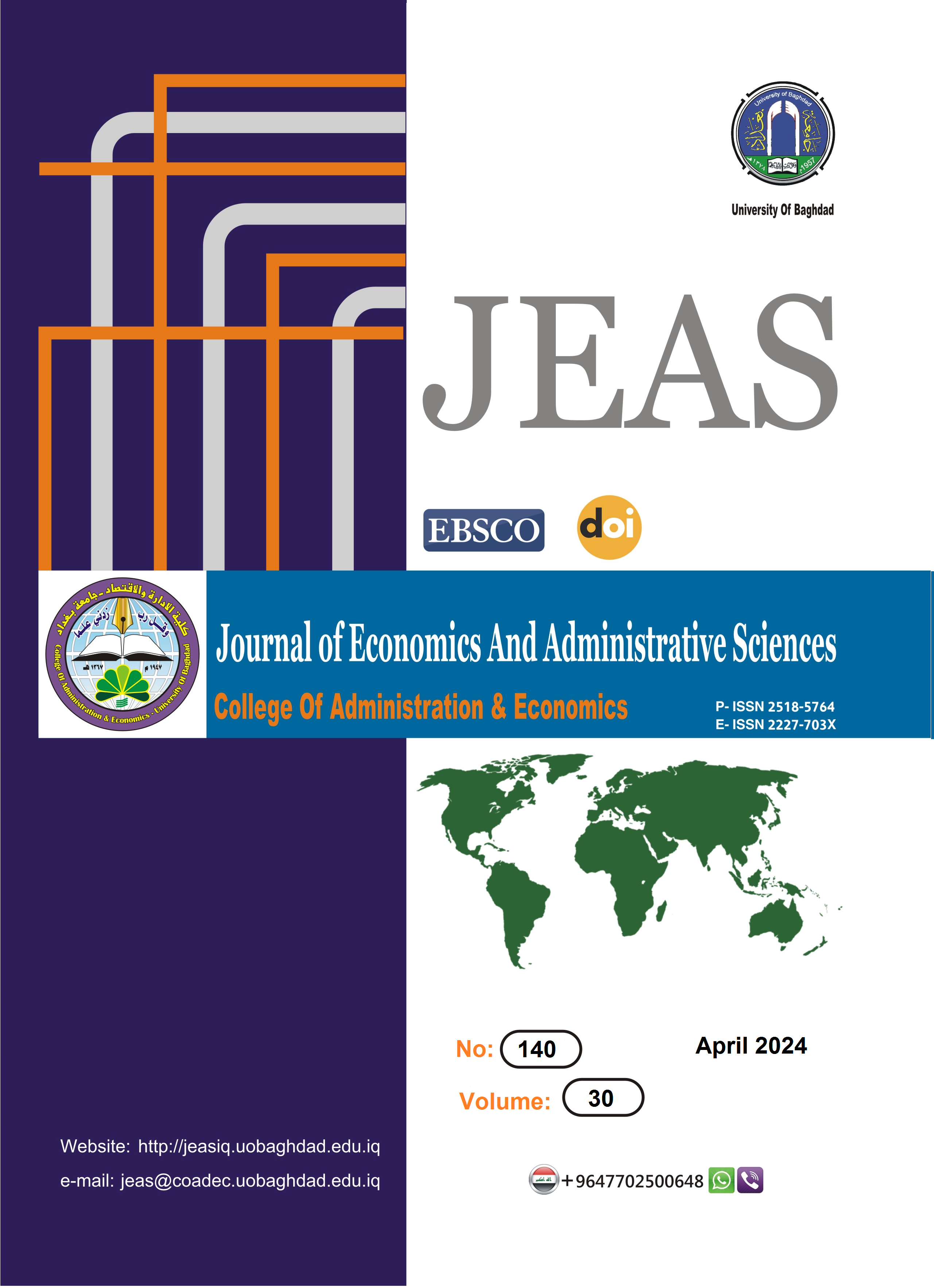An Investigation into the Relationship between Transformational Leadership Style and Organizational Commitment in a College of Administration and Economics: An Empirical Research
DOI:
https://doi.org/10.33095/77kt9c02Keywords:
Transformational leadership, Organizational commitment.Abstract
The current research aims to demonstrate the relationship and impact between transformational leadership and its dimensions (Idealized Influence Behaviour, Idealized Influence Attributed, Intellectual Stimulation, Inspiring Motivation, and Individual Consideration) on organizational commitment and its dimensions (continuous organizational commitment, emotional organizational commitment, and normative organizational commitment) at the College of Administration and Economics. Descriptive-analytical approach used to achieve the core object of the research. The research adopted the questionnaire as the core tool for this purpose. A research sample included various administrative levels (director, chief inspector, supervisor, and assistant supervisor). The questionnaire distributed randomly, and 70 valid questionnaires collected for statistical analysis. The research adapted a set of statistical methods such as arithmetic mean, coefficient of variation, standard deviation, and simple regression coefficient by the statistical program (SPSS V26) to analyze data and test hypotheses. The research reached a set of essential results, the most important of which was that transformational leadership is the main factor for building an organization's culture to achieve growth and success and motivate individuals.
Paper type: Research paper
Downloads
Published
Issue
Section
License
Copyright (c) 2024 Journal of Economics and Administrative Sciences

This work is licensed under a Creative Commons Attribution-NonCommercial-NoDerivatives 4.0 International License.
Articles submitted to the journal should not have been published before in their current or substantially similar form or be under consideration for publication with another journal. Please see JEAS originality guidelines for details. Use this in conjunction with the points below about references, before submission i.e. always attribute clearly using either indented text or quote marks as well as making use of the preferred Harvard style of formatting. Authors submitting articles for publication warrant that the work is not an infringement of any existing copyright and will indemnify the publisher against any breach of such warranty. For ease of dissemination and to ensure proper policing of use, papers and contributions become the legal copyright of the publisher unless otherwise agreed.
The editor may make use of Turtitin software for checking the originality of submissions received.

























